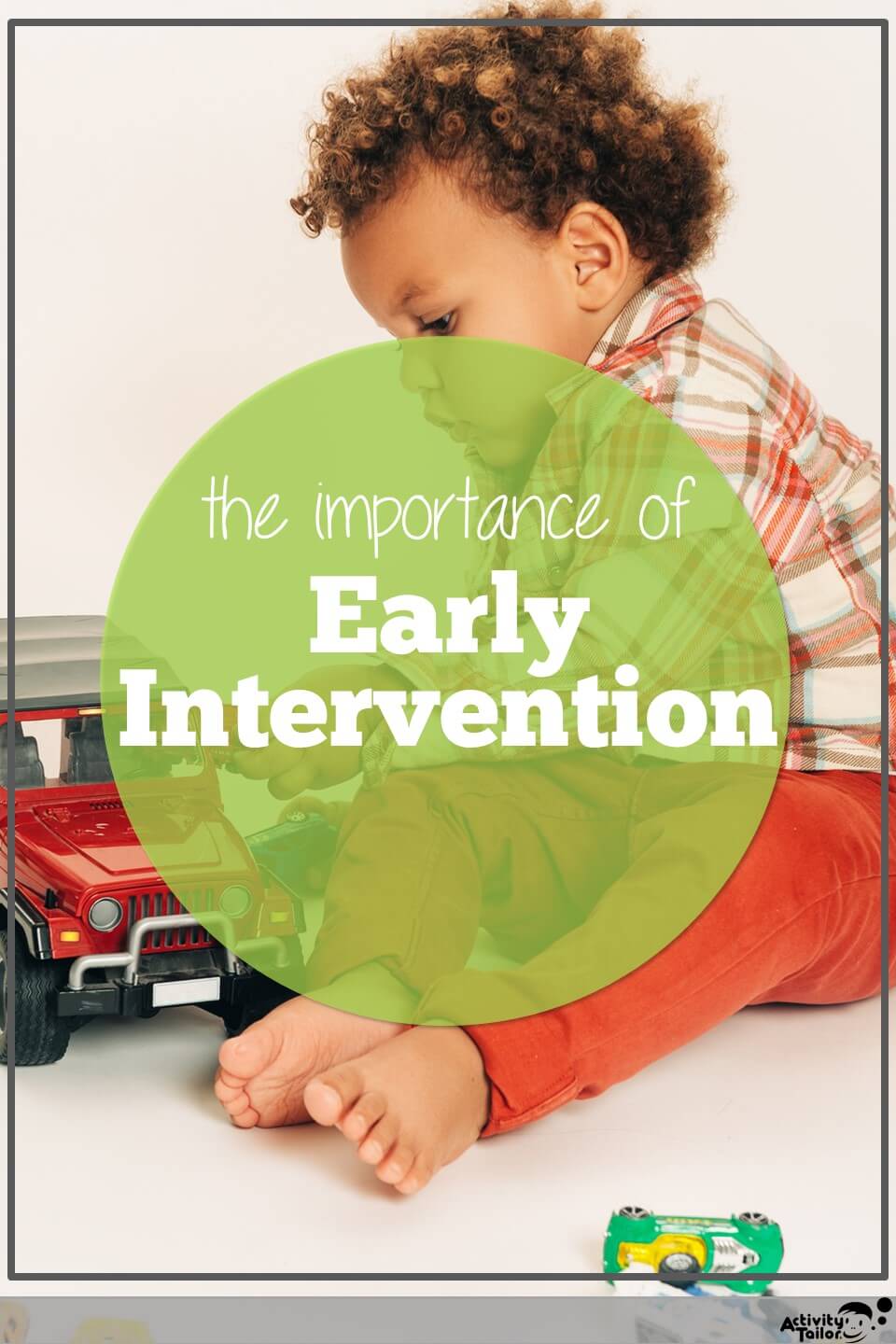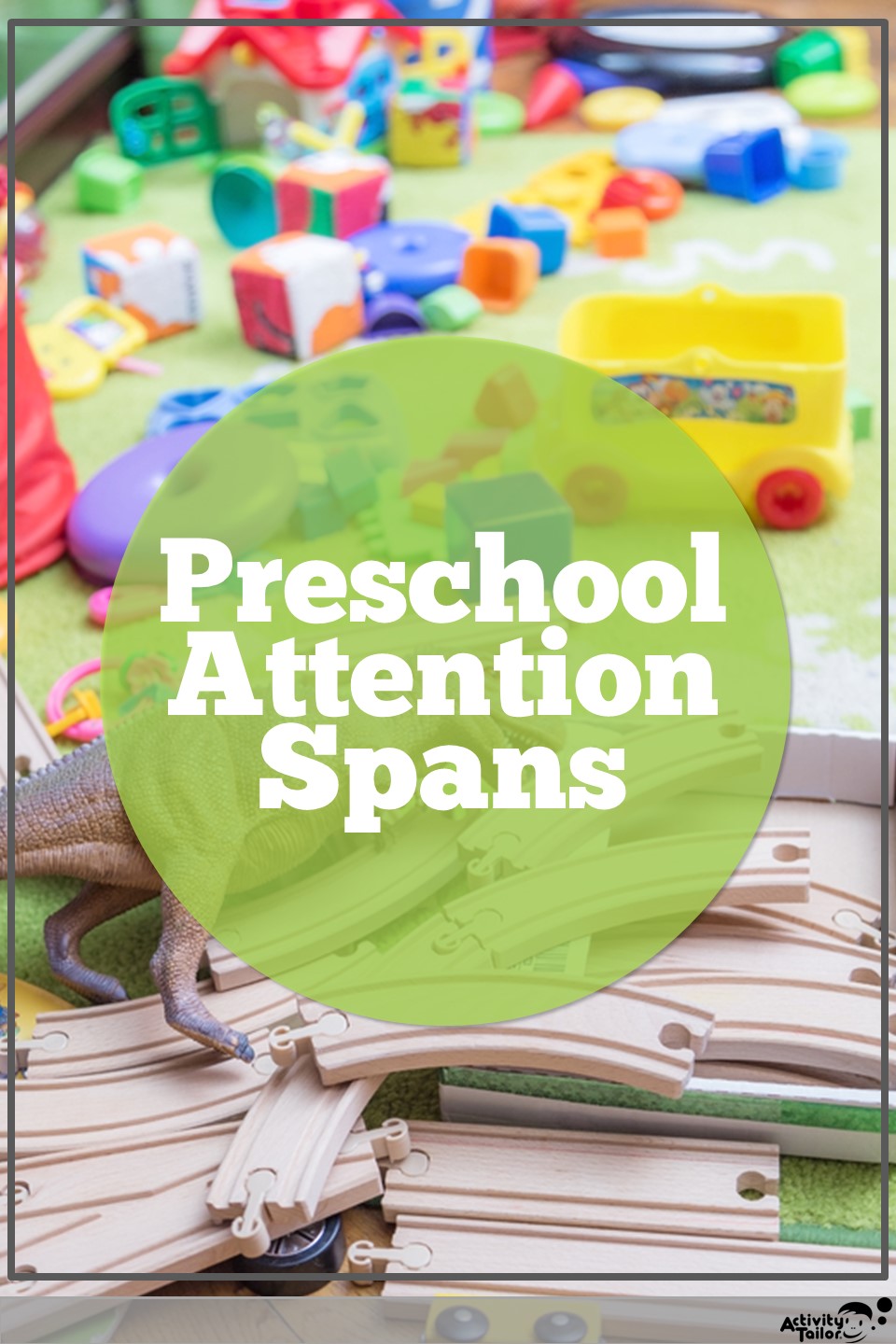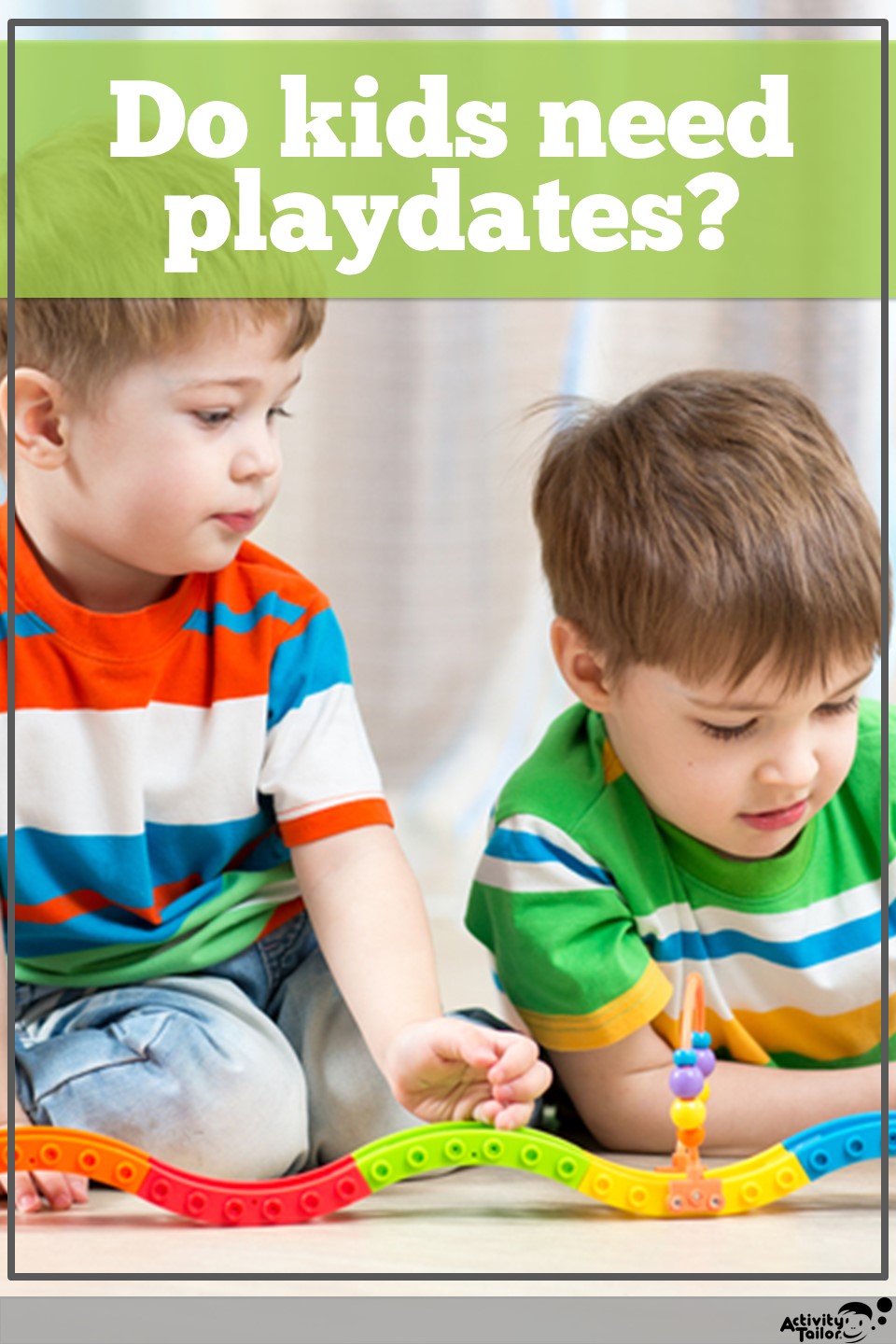I had a new student start with me a couple months ago and I was really looking forward to it. He had an enjoyable personality, we’d be working on artic goals and he seemed pretty stimulable for them during the evaluation.
We sat down at my table and I asked him if he knew what we would be working on. “Oh, sure. We’re going to work on my “s.” My dad had speech therapy when he was little and he told me all about it.” So far, I felt like things were going great, then he continued.
“He told me that you’ll show me how to make my sound and we’d play games. Every time I roll the dice I’ll have to say a word on a flash card. I’ll need to practice some words at home.” He continued on with a couple other “right off the lesson plan” types of comments.
Oof. Twenty years or so later was I really going to put this child through the same paces as his father? (Note: I wasn’t actually the dad’s speech therapist. I’m much too young for that ;). But this quick exchange really pushed me to consider what I pulled out for treatment. If I were to use something that “Dad” had done, I wanted to really think about whether this was still the best course of action. We’re there more modern updates we could utilize?
I had made “Move Ahead Decks” which alleviated the roll/spin and grab a flash card combo, plus I use the CandyLand cards by Speech Room News so I felt like that was an improvement.
I used the iPad a little more frequently with this kiddo, not just for apps/drill practice, but to provide auditory and visual feedback.
With the quantity of free and inexpensive materials available, I was able to really tailor his therapy activities and homework–something I typically do anyway, but was much more cognizant of with this kiddo. How awesome is it that we can quickly modify activities (through LessonPix or with our own creativity and computer) to incorporate the names of friends, pets, relatives if they contain target sounds?
Based on courses I’ve taken in the past year, we focused a bit more on voiced targets (research suggests better generalization to the voiceless cognate) and began with sentence level practice in conjunction with single word practice as soon as possible. I also incorporated more minimal pair activities; not a new technique, but something that seems to often be neglected, so “new” in this situation.
I also made sure the parents knew how to access Google docs where I save treatment notes (a practice I’ve been using since Ruth at Chapel Hill Snippets put up tutorials) which is certainly a modern way to keep communication channels open.
Has anyone else run into this before? I’d love to hear how you approached it!






